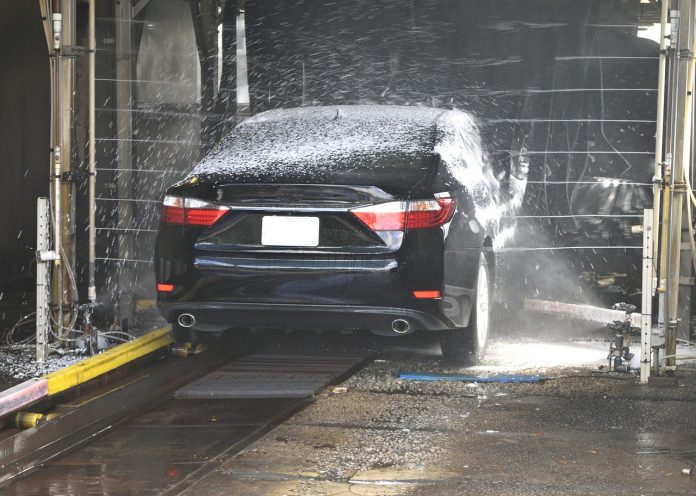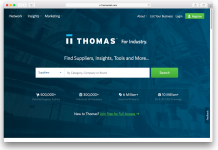The novel COVID-19 virus has had dramatic effects on everyone throughout the world and in many aspects of everybody’s lives. In the automotive industry, in particular, car enthusiasts and conventional buyers are no longer able to physically peruse, test drive, or even compare cars comprehensively in order to make savvy purchase decisions for their automotive needs. With the quarantine, lockdown, and social distancing measures currently put in place, brick-and-mortar facilities have been rendered ineffectual for the time being. Because of this, various industries have had to come up with new, creative ideas to continue functions and make revenue.
Here are some of the best solutions companies in the automotive industry have come up with today:
Virtual Car Launches
Some automakers have begun utilizing virtual reality software to launch their newly released vehicles in a presentation format that can be viewed remotely, online. The technology has given participants the ability to interact with presenters in real time and to virtually explore the vehicles, inside and out, allowing journalists and buyers to review them in detail and in their own time. Though an extremely new concept, the idea has already unveiled numerous advantages to virtual eventing over traditional launches and shows, including:
- The ability to attend from anywhere in the world in real time
- Prospective buyers can explore various configurations of the cars
- Immediate side by side comparisons of numerous makes and models
- Allows for instantaneous virtual test drives and information gathering
- Cuts out queues and time limits with viewing particular cars
Lifestyle Journalism
With all automotive events, reveals, and literal displays of any kind having been temporarily prohibited, it’s been difficult for automotive professionals and journalists to physically evaluate what the latest vehicle releases have to offer in terms of feel. This has subsequently led to journalists being unable to write on and review new releases for marketing and informational purposes. Because of this, many brands have had to resort to lifestyle journalism which involves the physical delivery of new cars to the homes of prominent lifestyle journalists who are then able to use the car for a full week in their day-to-day lives.
Those journalists can then review their experiences of the vehicles from a lifestyle perspective with commentary on the livability, practicality, and other typical casual driver concerns that the product offers for everyday life. Factors such as engine feel, fuel economy, cargo practicality, and features. Unfortunately, this doesn’t allow professionals the ability to test those vehicles for their level of performance and utility capabilities as tracing and off-road tracks have been shut down.
Call-out Car Maintenance Service
With many individuals concerned about leaving their homes and with many also not driving their cars as a result of the work-from-home measures and booming delivery service industry, the opportunity to provide call-out car maintenance services may be more viable than ever. All one will need to do is establish a presence online to market the service, get a utility vehicle, the required tools, and obtain legal essential services permit. People will want to ensure that their vehicles don’t “fall apart” during the quarantine period and will also want the security of knowing they don’t have to leave their homes to do so.
Call-out or Self-Service Car Wash Business
With many people’s cars preserving their mileage figures whilst stuck in dusty garages or under some semi-covered outside area susceptible to bird “poop”, the need for a convenient and minimal contact vehicle cleaning service may be in demand. Entrepreneurs could either provide a call-out cleaning service whereby one or two workers drive out to people’s homes to thoroughly clean their cars at a fee. Or, a remote self-service car wash could be established where, as with self-service fueling stations, customers can pay to enter the premises and then utilise the cleaning equipment to clean their own vehicles. A process that eliminates all contact with potential COVID-19 carriers.
Find a Home-Based Business to Start-Up >>> Hundreds of Business Listings.

















































